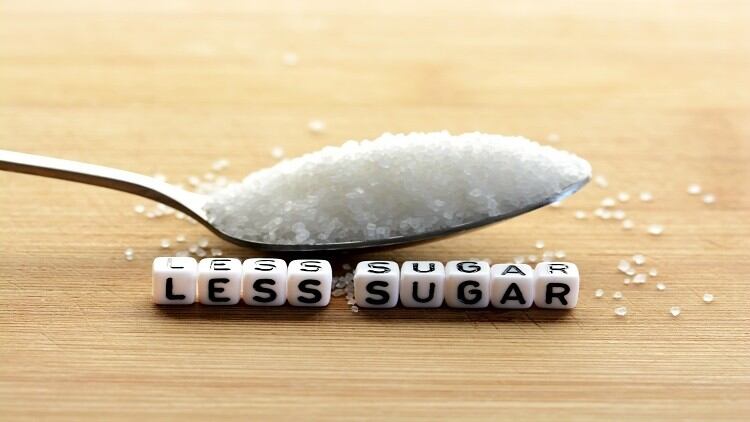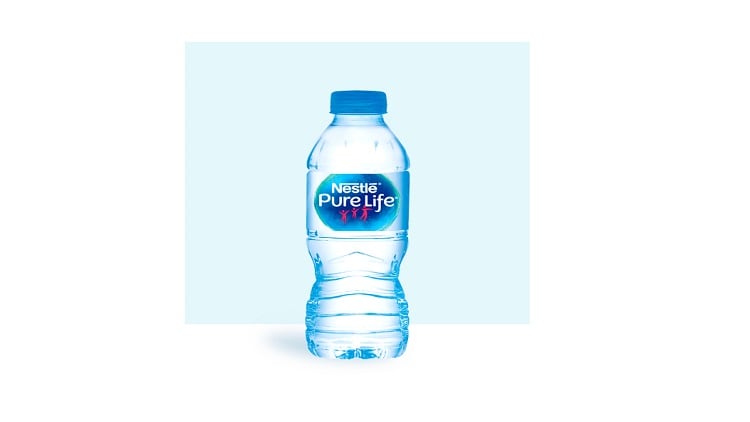The move is in accordance with the company’s No Deforestation by 2020 commitment. Starling will serve as a verification system with maximum transparency to prove that “no deforestation is taking place throughout the supply chain”.
According to Magdi Batato, Executive Vice President, Head of Operations, Nestlé S.A.: "Nestlé has always been committed to source the raw materials we need to make our products in a responsible manner.
“In 2010, we made a No Deforestation commitment stating that all our products globally will not be associated with deforestation by 2020."
Developed by Airbus and The Forest Trust (TFT), Starling uses front-line technology to provide “unbiased year-round monitoring of land cover changes and forest cover disturbances”.
The system has been piloted in Perak, Malaysia, and will be extended to all 100% of Nestle’s palm oil supply chains worldwide by the end of 2018.
Nestle also intends to use this system to monitor its pulp and paper supply chains in 2019, as well as its soya chain some time down the road.
“Starling satellite monitoring is a game changer to achieve transparency in our supply chain,” added Batato.
"Our 'eyes in the sky' will monitor our palm oil supply chain 24/7, regardless of their certification status,” said Benjamin Ware, Global Head of Responsible Sourcing, Nestlé S.A.
“[We will then be able to disclose findings publicly, including] how we choose to suspend non-compliant suppliers, and [how] we choose to engage and improve the situation."
The Nestle palm oil saga
In June 2018, Nestle was suspended from the Roundtable on Sustainable Palm Oil (RSPO) for failing to submit progress reports to the association, as well as neglecting to pay its membership fees of €2,000 (US$2,338).
The official RSPO statement on the matter stated that: “Nestlé was given the opportunity to complete its ACOP report for 2017 through active engagement, and has declined to submit a time-bound plan.”
“We would like to also notify that Nestlé has unpaid overdue membership fee of €2,000 and non-payment of membership fees is a breach of the RSPO Statutes.”
The move was met with criticism by environmental activists, claiming that RSPO was just trying to make an example out of Nestle, but not enforcing standards.
“A one-off action to suspend to Nestlé for failing to report cannot be taken too seriously when the RSPO, at the same time, allows Indofood to continue selling certified ‘sustainable’ palm oil produced by children, unpaid women, and exploited workers,” said Robin Averbeck, agribusiness campaign director at the Rainforest Action Network
Losing RSPO membership meant that Nestle was no longer eligible to use the RSPO stamp of approval to claim sustainability for its products.
However, the company’s membership was reinstated just one month later. In a statement, RSPO declared that: “Nestlé has pledged to step up their efforts in working actively on solutions within the RSPO system, via active participation.”
These solutions included the company’s pledge to only use RSPO-certified palm oil by 2023.
Nestle’s 2020 No Deforestation commitment
In 2010, Nestle issued a statement committing to achieve zero deforestation in all its products by 2020.
It aims to “ensure that its products have not led to deforestation and that Nestlé and its suppliers are responsible stewards of the forests and forested areas from which they are sourcing materials.”
This means that Nestle will ensure that all the forest area-sourced raw materials used in its products adhere to specific guidelines, including not having caused any deforestation or loss of high conservation values.
63% of Nestle’s global supply chain was deforestation-free in 2017.





